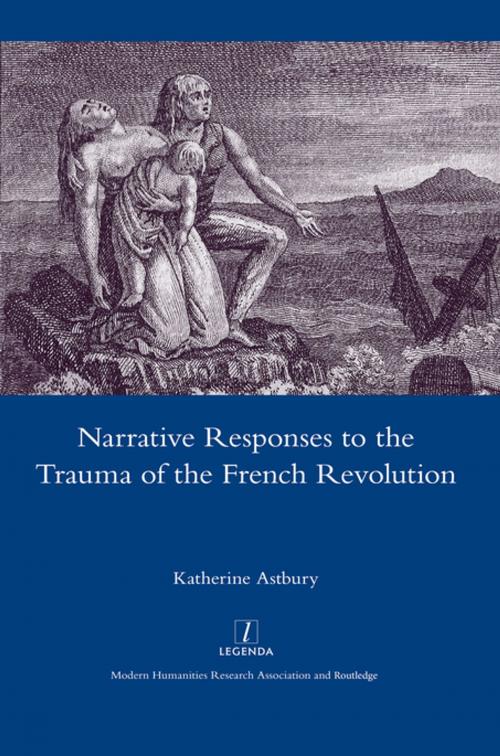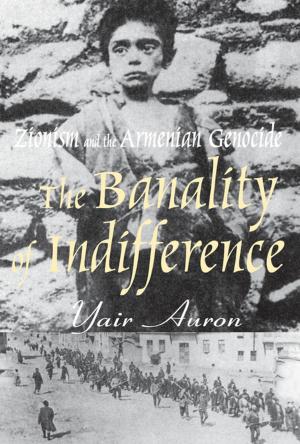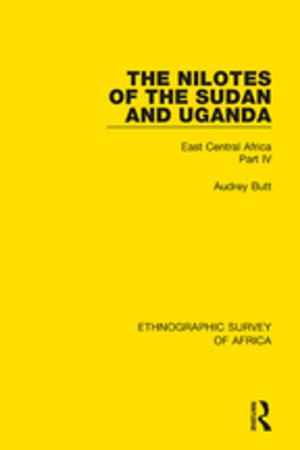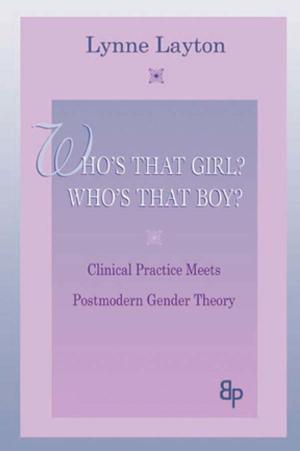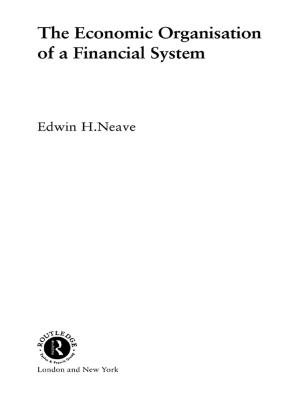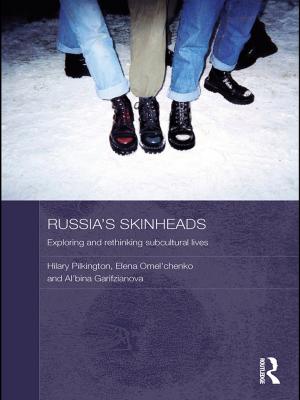Narrative Responses to the Trauma of the French Revolution
Nonfiction, Reference & Language, Foreign Languages, Language Arts| Author: | Katherine Astbury | ISBN: | 9781351556620 |
| Publisher: | Taylor and Francis | Publication: | July 5, 2017 |
| Imprint: | Routledge | Language: | English |
| Author: | Katherine Astbury |
| ISBN: | 9781351556620 |
| Publisher: | Taylor and Francis |
| Publication: | July 5, 2017 |
| Imprint: | Routledge |
| Language: | English |
During the French Revolution, traditional literary forms such as the sentimental novel and the moral tale dominate literary production. At first glance, it might seem that these texts are unaffected by the upheavals in France; in fact they reveal not only a surprising engagement with politics but also an internalised emotional response to the turbulence of the period. In this innovative and wide-ranging study, Katherine Astbury uses trauma theory as a way of exploring the apparent contradiction between the proliferation of non-political literary texts and the events of the Revolution. Through the narratives of established bestselling literary figures of the Ancien Regime (primarily Marmontel, Madame de Genlis and Florian), and the early works of first generation Romantics Madame de Stael and Chateaubriand, she traces how the Revolution shapes their writing, providing an intriguing new angle on cultural production of the 1790s.Katherine Astbury is Senior Lecturer in French Studies at the University of Warwick.
During the French Revolution, traditional literary forms such as the sentimental novel and the moral tale dominate literary production. At first glance, it might seem that these texts are unaffected by the upheavals in France; in fact they reveal not only a surprising engagement with politics but also an internalised emotional response to the turbulence of the period. In this innovative and wide-ranging study, Katherine Astbury uses trauma theory as a way of exploring the apparent contradiction between the proliferation of non-political literary texts and the events of the Revolution. Through the narratives of established bestselling literary figures of the Ancien Regime (primarily Marmontel, Madame de Genlis and Florian), and the early works of first generation Romantics Madame de Stael and Chateaubriand, she traces how the Revolution shapes their writing, providing an intriguing new angle on cultural production of the 1790s.Katherine Astbury is Senior Lecturer in French Studies at the University of Warwick.
